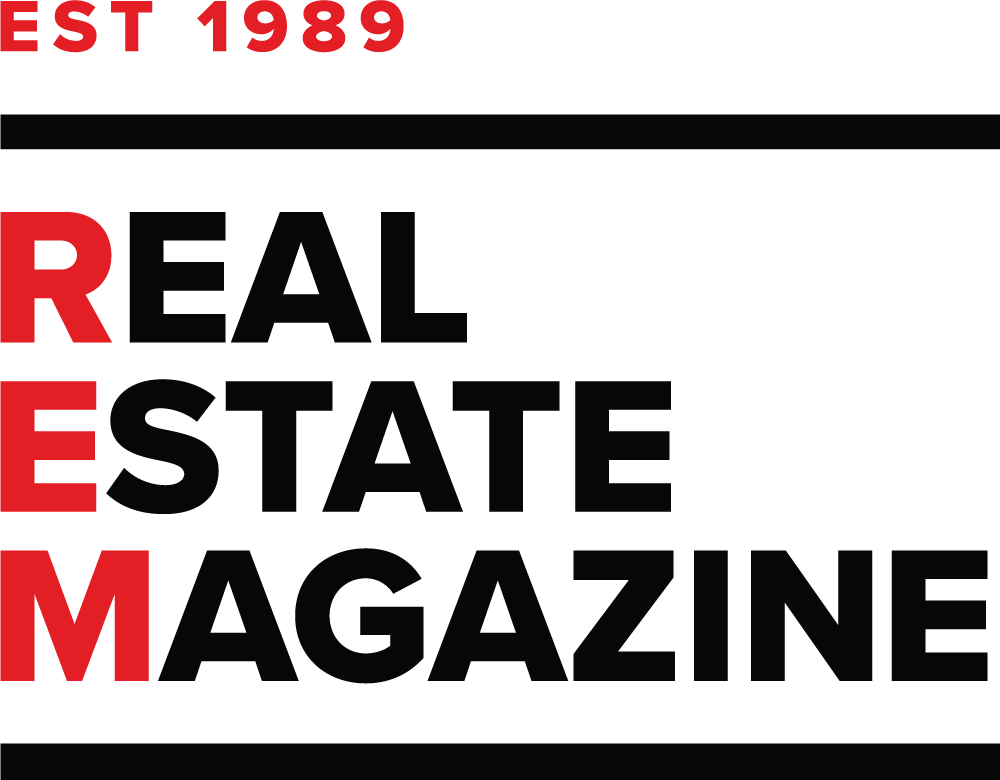By Bruce Keith
Lady Gaga’s 2011 number one hit, Bad Romance, made her an incredible amount of money. But a bad referral is not nearly as lucrative.
When your past clients or centres of influence are kind enough to send you a referral, sometimes they just don’t work out. This happens for all kinds of reasons (unrealistic expectations, bad attitude, lack of motivation). Regardless, this presents not one but two problems. First, you have to stop working with the bad referral as soon as possible. Then, you must tell your past client “thanks but no thanks”.
For some reason, the second problem seems to be the toughest one to deal with. Often sales reps hang onto someone they would normally not spend time with because they do not want to offend the past client. This is unwise strategy.
Here is your action step. Let’s solve these problems individually.
1. The bad referral: “I am sorry I am not going to be able to help you. I appreciate the opportunity to have spoken with/worked with you… let me wish you all the best in your endeavours.” At this point you might consider referring them to another salesperson for a 25-per-cent referral fee.
2. The past client: “I just wanted to give you an update on the Johnsons. It doesn’t look like I’m going to be able to help them (Do not tell them why – that is lose-lose, for sure. The less you say, the better). It is important to me that you know how much I appreciate you sending me business. You are my client/friend/acquaintance and I value your loyalty very highly. Thank you so much for keeping me in mind… it is people like you who have helped me make my business a success. Thanks again.”
The real key here is to always remember you should never compromise your time just because somebody sent you a bad referral. You are the professional and it is your job to do the prequalifying, not theirs. Remember, they didn’t know what they were sending you. They thought they were helping. Just say thanks and move on. Leave the “bad” stuff up to Lady Gaga. No excuses.
* * * * *
“We want more money.”
Most sellers believe their home is worth more than the market will support. It’s only natural. Ironically most salespeople are guilty of the same crime when it comes to their own home. The market and the buyers decide whether or not the home sells, and at what price. No amount of fancy advertising and social media coverage and unique marketing can change that. Like it or not, the reality is, price is king.
Some salespeople follow a plan of “buying their business” – take the listing at any price just to get their sign on the lawn. How do we compete with the salesperson who consistently takes listings that are obviously overpriced? You need to fight fire with fire.
Here is your action step. There are three strategies you can follow:
a) Take it overpriced and hope for the best (a bad choice)
b) Convince them to price it properly
c) Use a progressive strategy. Here’s how to manage option c):
1. Get “their price” when using your prequalification script. There are no surprises this way (“Mr. and Mrs. Seller, based on your understanding of the market, what price range do you feel your home fits in?”)
2. Critical point #1 – only work with those who are motivated.
3. Present a simple but clear CMA (one page is best).
4. Once they understand the competition, ask them where they want to price it (“Now that you’ve seen the competition, where do you think we should price it to be competitive?”)
5. If they still want to overprice it (and you are satisfied with their motivation) consider taking the listing at a higher price – as long as you include #6 (below).
6. Critical point #2: Before you leave there must be a strategy to reduce their home to the right amount in two weeks. Establish the exact date.
 Be selective about breaking your rule of not taking overpriced listings (for example, they must be highly motivated and will reduce in two weeks to your price). The best approach following point #6 is to have the price reduction signed at the same time as the listing agreement is signed. That way you are not buying their business. You are merely helping them do something in an effort to create a win/win. No excuses.
Be selective about breaking your rule of not taking overpriced listings (for example, they must be highly motivated and will reduce in two weeks to your price). The best approach following point #6 is to have the price reduction signed at the same time as the listing agreement is signed. That way you are not buying their business. You are merely helping them do something in an effort to create a win/win. No excuses.
Bruce Keith is a leading trainer for sales organizations in North America. His high energy coupled with a “No Excuses Accountability” approach has helped thousands increase their production significantly. He says, “It’s all about results.” http:BruceKeithresults.com
Bruce Keith is a leading Real Estate Coach/Author/Speaker. Like Bruce Keith Results on Facebook or connect with Bruce on Linkedin. Email Bruce Keith.
















